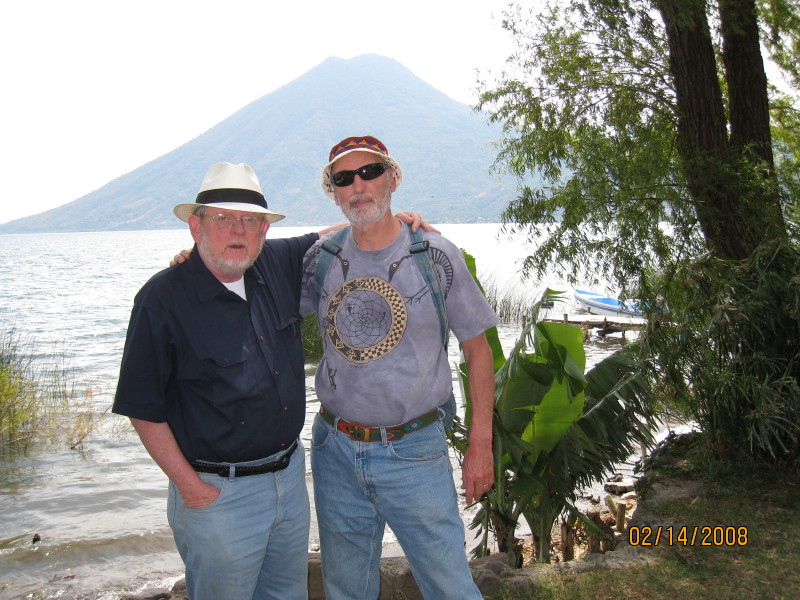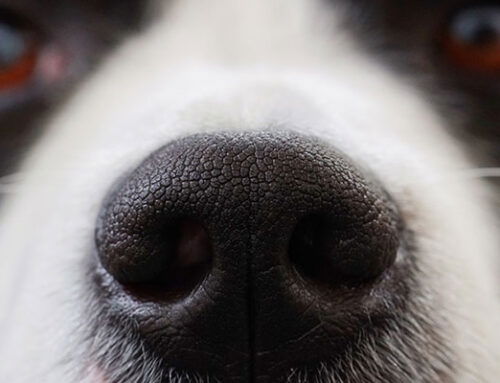In my last blog of this series, I’d broken the ice and started writing fiction. But I needed to find a way to fit writing into my busy schedule as a scientist and to learn the tools of the trade, like for any new skill.
I made a decision then that I believe helped me continue writing: I had to finish anything I wrote in a single sitting, at least for some time. I didn’t want to fall into the trap of requiring continual growth. I didn’t have the luxury of time for writing. Imagine the futility of the typical New Year’s resolution to exercise and ‘get in shape’. At first one does five to ten sit-ups and a few push-ups. This continues for a week or so, and then the repetitions increase. Ten sit-ups become fifteen, five push-ups become ten. So far, so good. When fifty sit-ups and thirty push-ups are required, the exercise sessions become less frequent and eventually stop: too much trouble, not enough time. I decided to take whatever cracks of time became available in my regular life as a scientist – perhaps on an airplane or a few hours squeezed in before guests come to dinner on a weekend – to write a very short story or perhaps an essay. And it worked! Nothing I wrote was polished or publishable – I know that now – but pages accumulated as I tested ideas for future writing.
Tools of the Trade
A scientist needs to learn the tools of the trade, and so does a writer. Although I’d written on science extensively, I had little, if any experience writing non-science or fiction. Therefore, I joined The Writer’s Center, an excellent source of evening and weekend writing workshops in Bethesda. I first enrolled in Kate Blackwell’s short story workshop. Initial apprehension and fear quickly morphed into writing exercises and critiquing stories. I felt like a kindergarten student and overwhelmed by the amount I needed to master to be accepted by the community of writers. The challenge of fiction differed from the formal rigor of dispassionate science. In addition to guidance from the instructor, the workshop participants, who had various backgrounds and professions, critiqued each other’s writings. Writing meant exactly that: writing, striving, failing, and trying again…and then again…uncertain whether to cry from despair or to revise, improve, stick to it: hook the reader right away, eliminate authorial intrusion without losing authenticity, stay in the story, get rid of clichés, develop the characters, make good word-choices – grow a thick, but porous skin – learn to trust oneself, yet consider criticism carefully.
I decided to take whatever cracks of time became available in my regular life as a scientist – perhaps on an airplane or a few hours squeezed in before guests come to dinner on a weekend – to write a very short story or perhaps an essay. And it worked!
After Kate’s workshop, I enrolled in two of Elizabeth Poliner’s workshop in fiction, and then in Robert Bausch’s workshop, in which I participated for several years and wrote a number of short stories. I even went to Guatemala with him, where Joyce Maynard had organized two weeks of workshops. I became friends with Bob and some of my fellow workshop colleagues. It was a small network outside of science – an informal club that Bob called his gang. We didn’t need the many words we wrote to understand how difficult it was to succeed, even if we had trouble defining what success actually meant for us. I broke my rule of finishing stories in one sitting. Bob’s workshop showed me the extent to which writing was an emotional experience outside the bounds of science. A writer became a messenger from the heart, not just a person concocting a story. Once Bob got up and came to me during the workshop after discussion of one of my stories that he particularly liked and kissed my forehead, just like that, in front of everyone. I blushed. But imagine: he liked my story! My story. My writing. Another time he showered praise on a participant’s story, and she shed tears of joy, of being understood perhaps, of writing a short story that worked. Oh, my. That’s what it was all about.
Unlike science, the “rules” of writing – for example, show don’t tell, or create a narrative arc – can be soft and have been broken by many of the greatest writers. I could break them too, but only if I understood what I was doing. A major difference between science and writing for me was that writing had no clear right and wrong. What I found poorly written, someone else found well written. One person’s favorite part of a story might be earmarked for deletion by another. And so forth. Numerous contradictory possibilities conflicted with each other. There was never a clear direction for revision, but revision seemed always necessary. Bob Bausch emphasized to never trust a single criticism unless there was a consensus. I thought it more important to consider the criticism(s) that felt right, whether it came from one or several persons. Writing is so personal. The author decides, not the critic. A scientist must bend to criticism more readily, since facts cannot be ignored or incorrectly interpreted without proof. I liked having the responsibility (or blame) for my writing. That’s why I never considered using a pseudonym as some other writers have done.







Leave A Comment